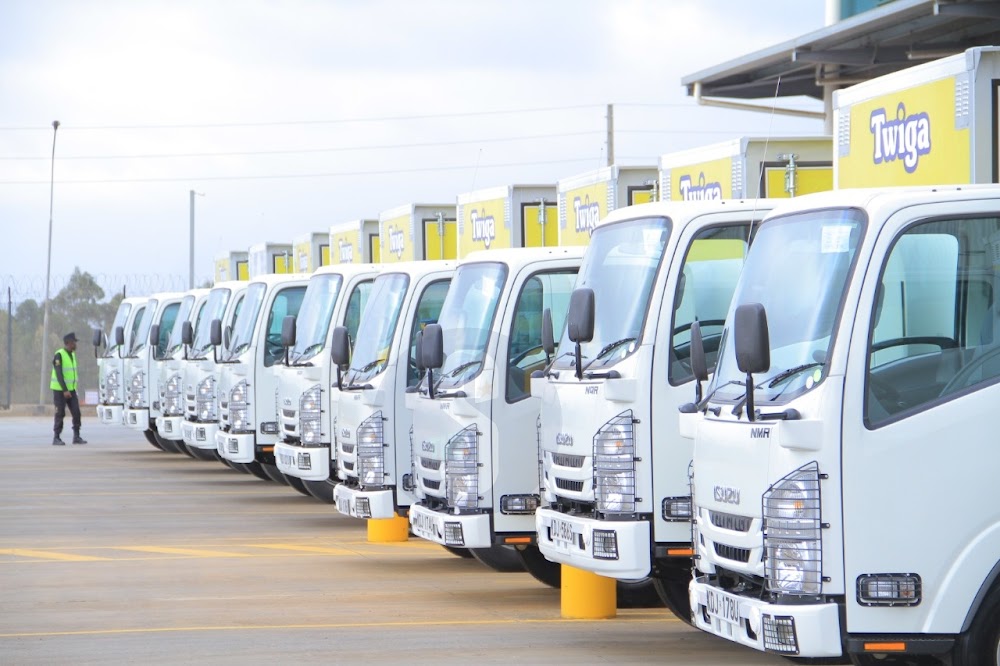
Twiga Foods: Revolutionizing the Food Supply Chain Through Mobile-Based Connectivity and Data Analytics

In today’s fast-paced world, where urbanization is rapidly increasing, ensuring a smooth and efficient supply of fresh, affordable produce is a significant challenge. However, Twiga Foods, a groundbreaking mobile-based platform, has emerged as a game-changer in connecting farmers with food vendors in urban areas. By leveraging data analytics and cutting-edge technologies, Twiga Foods is transforming the food supply chain, reducing waste, and enhancing access to high-quality, affordable produce. In this article, we will explore how Twiga Foods is revolutionizing the industry and the impact it is making.
- The Power of Mobile-Based Connectivity
Twiga Foods harnesses the power of mobile technology to bridge the gap between farmers and food vendors. The platform provides a seamless digital marketplace where farmers can connect directly with urban vendors, eliminating the need for intermediaries and reducing transaction costs. Through a user-friendly mobile app, farmers can showcase their produce, negotiate prices, and receive real-time updates on market demand, ensuring efficient distribution and reduced post-harvest losses.
- Data Analytics for Improved Supply Chain Efficiency
One of the key strengths of Twiga Foods lies in its utilization of data analytics to optimize the supply chain. By gathering and analyzing vast amounts of data, including market trends, consumer preferences, and logistics information, Twiga Foods can make informed decisions that maximize efficiency. This data-driven approach allows for accurate demand forecasting, efficient inventory management, and streamlined delivery processes, ultimately minimizing waste and ensuring farmers receive fair prices for their produce.
- Reducing Food Waste and Losses
Food waste and losses are critical issues faced by both farmers and urban food vendors. Twiga Foods addresses this challenge by implementing innovative strategies to minimize wastage. By leveraging data analytics, the platform optimizes the supply chain, ensuring that produce is efficiently distributed to meet market demand. Additionally, Twiga Foods employs advanced cold storage and transportation technologies, maintaining the freshness and quality of the produce throughout the delivery process. By minimizing waste and losses, Twiga Foods not only benefits farmers and vendors but also contributes to global efforts to combat food insecurity and environmental degradation.
- Increasing Access to Fresh and Affordable Produce
In urban areas, accessing fresh and affordable produce can be a significant challenge. Twiga Foods aims to overcome this barrier by creating an efficient and transparent marketplace. By directly connecting farmers with food vendors, the platform eliminates the need for multiple intermediaries, reducing costs and enabling fair pricing. This benefits both farmers, who receive better prices for their products, and consumers, who gain access to high-quality produce at affordable prices. Twiga Foods’ commitment to quality control and supply chain efficiency ensures that consumers can trust the freshness and safety of the products they purchase.
Conclusion
Twiga Foods has emerged as a trailblazer in transforming the food supply chain, bringing farmers and food vendors together through a mobile-based platform. By leveraging data analytics and other cutting-edge technologies, Twiga Foods optimizes the supply chain, reduces waste, and increases access to fresh, affordable produce. With its innovative approach, Twiga Foods is not only revolutionizing the industry but also addressing key challenges such as food waste and accessibility. As urbanization continues to rise, Twiga Foods provides a blueprint for creating sustainable and efficient food systems that benefit all stakeholders involved. https://twiga.com/